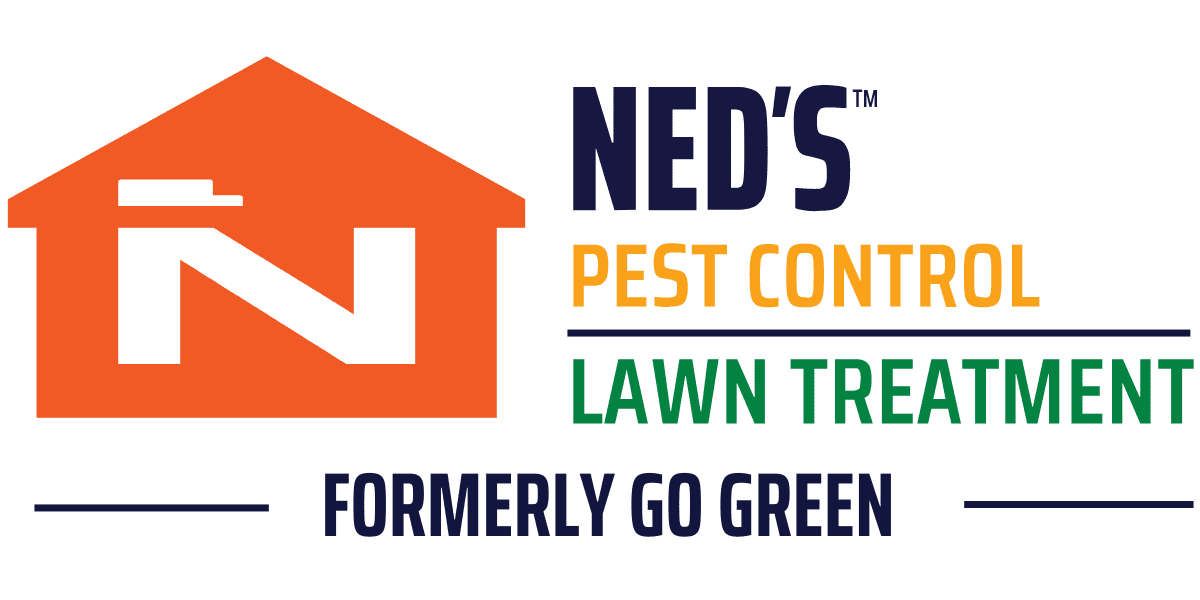The outdoors provides people with the change of scenery they need in their daily life to recharge their batteries. When you retreat to your backyard to enjoy time in the sun and feel the fresh air on your face, the last thing you want to deal with is fighting off ticks. However, not all ticks are the same, and some carry different diseases that can drastically impact your life.
Identifying the different types of ticks and the various stages of their life remains important for your lawn maintenance and care. If you haven’t spent time understanding the potential impact these invasive species can have on your property, Go Green Lawn & Pest Control’s residential pest control services are here to help!
Differentiating Between Common Tick Types
When homeowners want to deal with a tick infestation on their property, figuring out the specific species goes a long way toward determining the best course of action. With a wide variety of tick species living throughout the Mid-Atlantic region, knowing what to look for in specific tick species is crucial.
Deer Ticks
For most homeowners throughout Central Maryland, the deer tick is the most likely candidate that they have to deal with invading their yard. Among the most common tick species in the United States, deer ticks have a distinct reddish coloration that helps set them apart from other species. They possess a black dorsal shield and are also the smallest tick found in North America — adults only grow to the size of a sesame seed.
Lone Star Ticks
Once only found in southern climates, the lone star tick has begun making its way north as far up as Maine. This particular species can be quickly identified by the white dot found on the center of the female’s dorsal shield, providing it their namesake lone star. Additionally, lone star ticks can transmit tick-borne diseases to people, such as STARI, Tularemia, and in some cases, a meat allergy can develop after a bite.
Brown Dog Tick
The brown dog tick sports a reddish-brown color with a small, elongated body. It lacks the decorated dorsal shield found on the American dog tick. While it primarily feeds on dogs and other pets, the brown dog tick has been known to bite and infect humans as well.
Identifying the Different Stages of Ticks
No matter the species of tick, they each go through the same life cycle. From eggs, larvae, nymphs, and adult ticks, each life stage presents an opportunity to address the issue and prevent the infestation before it worsens.
The Egg Stage
One of the easiest times to stop the infestation before it takes root, the egg stage can have numbers in the thousands and, if allowed to progress, can become a serious problem. Female ticks lay the eggs in warm and soft places that allow for the eggs to mature and hatch.
The Larvae Stage
Also known as “seed ticks,” the larvae stage can travel and attach to smaller animals to begin feeding and spreading. Tick larvae can usually be found attached to animals such as mice and birds before their next step in maturation.
Nymphs and Adults
As the ticks continue to feed on their hosts, they go from larvae to nymphs and ultimately adults fairly quickly. As they grow and mature, they can attach themselves to larger hosts and travel far and wide. Additionally, most tick-borne illnesses are transmitted by ticks in the nymph stage before they transition to full adults. Adult females focus more on laying the next generation of eggs than transmitting diseases to their chosen hosts.
Stopping an Infestation Before it Starts
For property owners in Central Maryland, dealing with tick infestations and trying to protect your family from these invasive pests can feel like an uphill battle. Thankfully, the Go Green Lawn & Pest Control team is here to help! Whether you choose our annual lawn maintenance programs or want our team to perform quick pest control sessions, we can deliver the pest-free yard of your dreams.
Our expertly trained lawn care professionals come out to your property, identify the infestation, and implement a lawn care solution that takes care of your infestation quickly and efficiently. The chemicals we use will not harm your property. Contact us to schedule your next appointment today!













